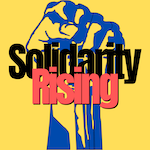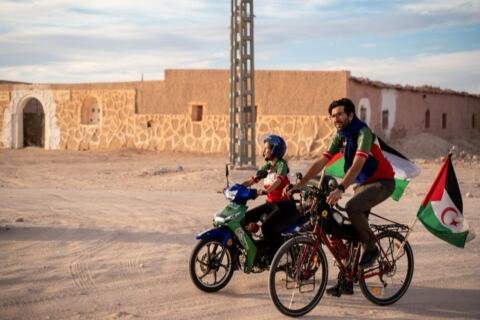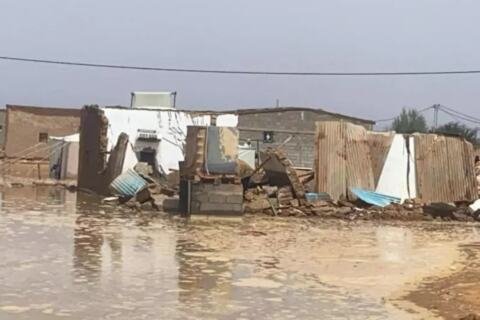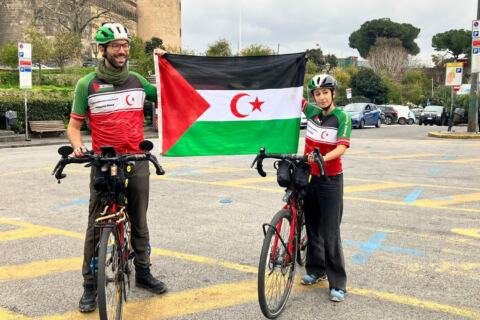Just the other day we looked at our lengthy Excel sheet, that contains every day of our Bike4WesternSahara campaign, and noticed that we had reached day 500 of our tour without even realizing it. We have been so busy with lectures, both here in Japan and online with activists and academia all over the world, our many media interviews and biking many kilometers up and down, that we lost our perception of time.
Reaching this important mile stone, we wanted to share our reflections of our tour so far and what impact this campaign has had on our lives.
Related Posts
April 4, 2025
The Bike4Westernsahara campaign is finished
The Bike4WesternSahara Campaign Is Complete After more than 2.5 years of…
September 27, 2024
Support Saharawi flash flood victims
The Saharawi refugee camps have experienced devastating flash floods due to…
February 25, 2024
Italy part 1
After being deported from Indonesia and spending christmas with family it was…



